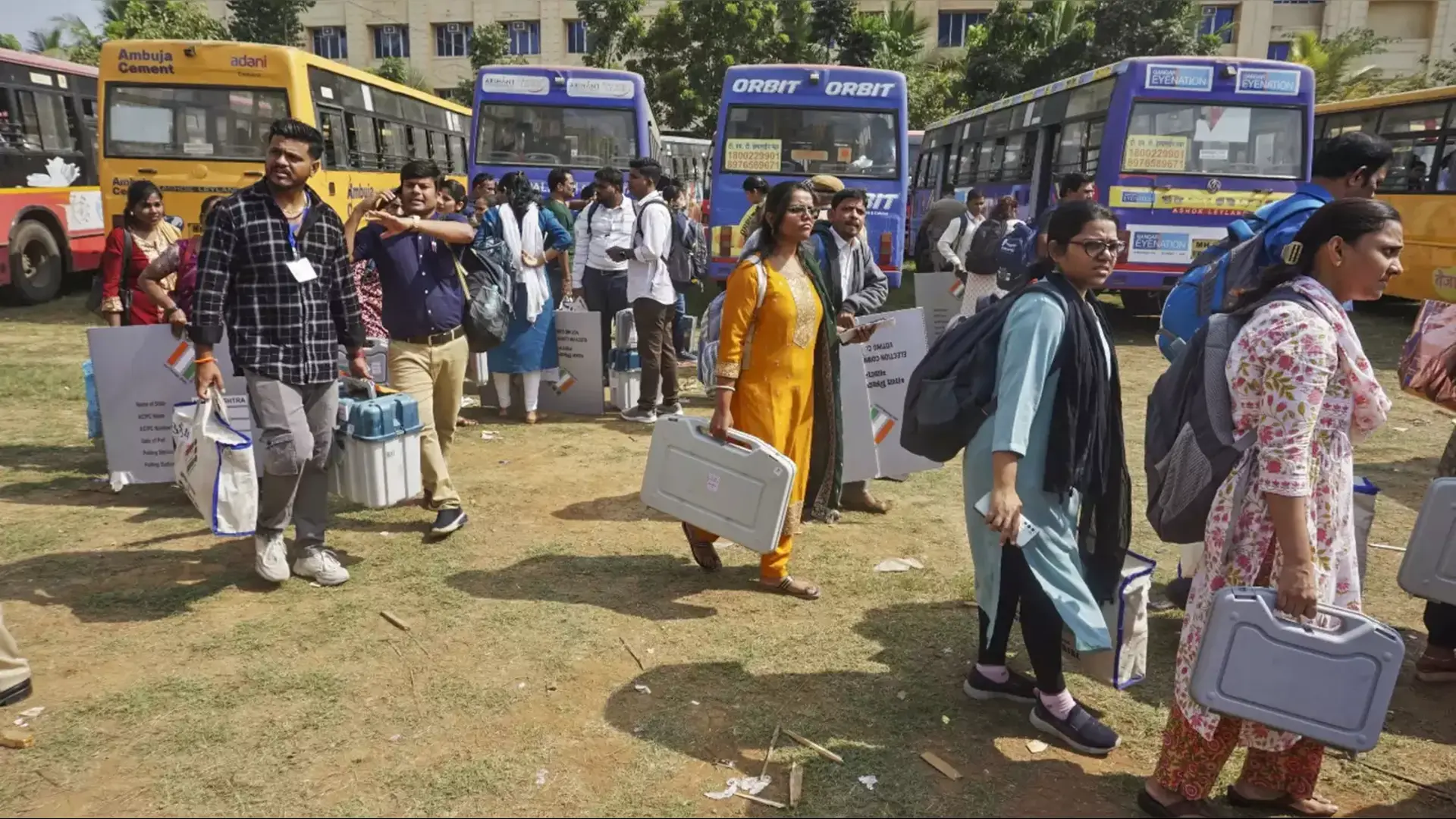
In a landmark moment for India’s legal system, three new criminal laws took effect today, and the Delhi Police have begun implementing them. Delhi Police Commissioner Sanjay Arora confirmed the force’s readiness, stating, “Delhi Police is ready to implement the three new laws. We have started registering FIRs under the new laws from today morning.”
#WATCH | As three new criminal laws take effect today, Delhi Police Commissioner Sanjay Arora says, “Delhi Police is ready to implement the three new laws. We have started registering FIRs under the new laws from today morning.” pic.twitter.com/TUFa5OEOeP
— ANI (@ANI) July 1, 2024
The new statutes—Bharatiya Nyaya Sanhita, Bharatiya Nagarik Suraksha Sanhita, and Bharatiya Sakshya Adhiniyam—replace the colonial-era Indian Penal Code of 1860, the Code of Criminal Procedure Act of 1898, and the Indian Evidence Act of 1872. This overhaul aims to modernize India’s criminal justice system, incorporating innovations such as Zero FIR, online complaint registration, electronic summons, and mandatory videography of crime scenes for serious offenses.
To ensure a smooth transition, the Delhi Police have undertaken extensive preparations. A 14-member committee, led by Special Commissioner of Police Chhaya Sharma, was formed to develop study materials and organize training sessions. Over the past few weeks, police personnel participated in trial runs involving dummy FIRs to become familiar with the new procedures.
Key changes under the new laws include the ability to file FIRs at any police station regardless of jurisdiction (Zero FIR) and the provision for online registration of complaints. Summonses can now be sent via electronic means such as SMS, and all heinous crimes require mandatory videography of the crime scene to prevent evidence tampering. Furthermore, the new laws stipulate that judgments in criminal cases must be delivered within 45 days of trial completion, and charges must be framed within 60 days of the first hearing.
The implementation of these laws marks a significant shift from the colonial-era legislation to a more modern, transparent, and efficient justice system. This change is expected to better serve the needs of contemporary Indian society and ensure timely and fair justice for all.















